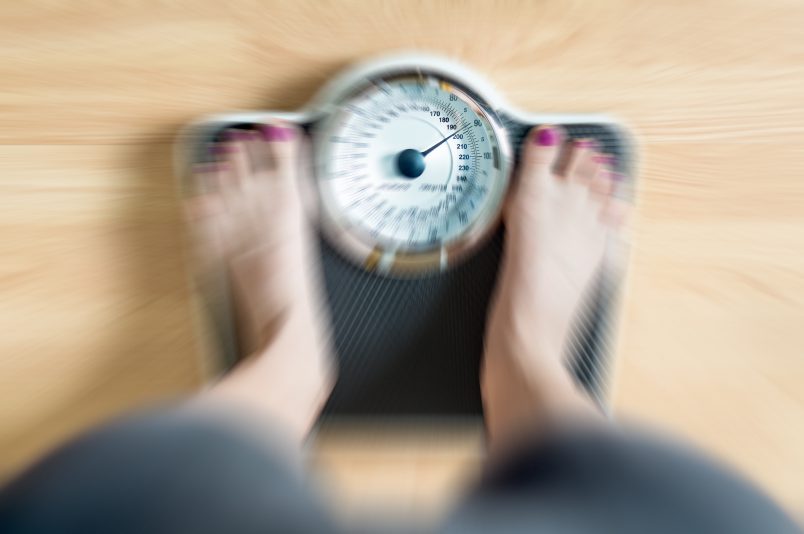How many hours per day do you sit? Are these hours consecutive, or broken up?
Did you know you may be aging faster because you sit too much?
This is an emerging area of research and aging. We know aging is associated with loss of muscle tone, strength, and lumbar flexibility. It can also lead to cognitive decline, decreased lung function, decreased cardiovascular health and a slower metabolism.
Unless you proactively do something about it.
Turns out, one of the worst culprits is sitting. It often begins in early adult life.
Here is the current research on prolong sitting (or the reduction thereof) and how it affects your muscles, flexibility, mental health, lung function, cardiovascular health, and metabolism.
What is Prolonged Sitting?
Prolonged sitting is generally any sitting activity, whether behind the wheel, at a desk, in front of the TV or otherwise, for several consecutive hours (6+) with little interruption.
Not only do we know you burn fewer calories when you sit than when you stand or are active, but now researchers believe consecutive hours of sitting actually affect cellular health and metabolism beyond calorie burn.
Interestingly, sleeping does not have the same effects. A good 7-9 hours of quality sleep benefit the cells, brain, and body, while sitting does not.
Prolonged Sitting and Muscle Strength, Flexibility, and Exercise Outcomes
Muscle Strength and Flexibility
If you sit for several consecutive hours per day, you may see a decline in muscle strength and flexibility.
A 2017 study from Canada, with participants who were 60-69 years old, found that hours of sedentary sitting AND the number of consecutive hours both negatively affected physical health. It showed a decline in physical (cardiovascular) fitness, grip strength, and sit-and-reach flexibility (1).
Exercise Outcomes
Believe it or not, prolonged sitting can even reduce the benefits of exercise. A new study published this year in the Journal of Applied Physiology concluded that even a full hour of exercise did not improve metabolic factors (like blood lipids, glucose, and insulin) in people that sit for more than 13 hours per day.
And while it may seem that 13 hours is unusual, consider that many adults sit for 8-10 hours at work, 1-2 hours in a commute, and 3+ hours in the evening (2).
Sitting and Brain Function
Brain health is an extremely important field in aging science. How does prolonged sitting affect your brain?
One 2019 review found that sedentary behavior may play a distinct role in memory decline. However, it did show that computer use compared favorably for memory to other sedentary behavior such as TV viewing (3).
Another 2019 study found that a combination of morning exercise and breaks in prolonged sitting increase blood flow to the brain, which has a direct impact on oxygen and nutrient delivery (4). Lastly, prolonged sitting has been linked to fewer hours and poorer quality of sleep in middle-aged women in a study from this year (5).
Sitting and Lung Function and Cardiovascular Health
Lung Function
It is of utmost importance to keep our lungs and arteries flexible, strong, and healthy as we age. Does prolonged sitting do the opposite?
A study from 2019 found that replacing 30 minutes of sitting with activity was enough to improve lung function levels. What’s more, replacing the sitting with sleep had a positive effect as well (6)!
Sitting and Metabolism
One way we assess metabolism is by how the body deals with foods after we eat. Do blood glucose, lipids, and insulin spike?
By breaking up prolonged sitting, you may be able to improve these metabolism outcomes. In fact, one recent study of 22 postmenopausal women (all of who were at risk of Type 2 diabetes), found that breaking up sitting had a positive impact.
Both blood sugars and insulin were significantly improved when prolonged sitting (7.5+ hours) was broken up with either standing or walking. In fact, these benefits lasted into the next day.
Of note, triglycerides were unaffected, but indirect weight loss and cardiovascular benefits could have an impact on triglycerides in the long term (7).
What’s more, another study with 30 participants found metabolic improvements. Self-perceived energy and vigor, mood, levels of fatigue, and food cravings all improved when the prolonged sitting was broken up during the day (8).
Prolonged Sitting, Disease, and Death
Beyond aging faster, prolonged sitting is linked to a higher risk of death from all causes. A very large meta-analysis, published in the American Journal of Epidemiology, reported links between prolonged sitting and death from:
- Cardiovascular disease (including coronary heart disease and stroke-specific mortality)
- Cancer
- Diabetes
- Kidney disease
- Suicide
- Chronic Obstructive Pulmonary disease
- Pneumonitis due to solids and liquids
- Liver, peptic ulcer and other digestive diseases
- Parkinson disease
- Alzheimer disease
- Nervous disorders
- Musculoskeletal disorders
This analysis used data from 184,185 participants (9).
Take Away: Break up Prolonged Sitting
The takeaway?
We can no longer afford to sit for consecutive hours. Even though many jobs demand it, it’s crucial to find a way to break it up. Try:
- Using a standing or treadmill desk
- Walking during meetings rather than sitting
- Taking breaks and walking outside or around the office for just 5 minutes every 2 hours
- Increasing your walk before or after work, from your car or transportation
- Taking the stairs
- Walking and talking to co-workers rather than emailing or messaging
- Walking during your breaks or lunch hour
Bottom Line
While prolonged sitting is a serious issue that does cause faster aging, you can take actions to fight it. By breaking up hours of sitting and being as active as possible, you can improve overall health and aging.




















What if your knees are shot? I’ve declared God’s Word of Healing by His Stripes for years! Yes, with good knees you can walk and do many things…I remember well!
Hi Kenneth, This is a good point and question. But, there is research that supports better metabolism with movement – even if not walking. In fact, people who “fidget” activate their cells. So, do what you can to just “move.” Or, if possible, stand, do a bit of stretching/yoga to break up hours sitting, and then when you do exercise, consider cycling (indoor or out) or swimming. I hope this helps!
Good to know
Thanks for reading, Anita!
I have worked as a PSW for over forty years. I am used to walking a good 7 hours every evening at my job. I have gone off work a couple of times to have surgury, both times I gained 10 lbs. I did lose most of it when I went back to work.
I am retiring this July and my concern is the weight gain. I’m not really one to sit around a lot and didn’t during my time off but I still gained the weight..
I will be joining a gym and going for walks, but is there anything else you can recommend
Thank you
Hi Deborah, Your plan to go for walk and join a gym is great! In addition, just break up any hours of sitting that you foresee with movement. Walking around the house or outside, a bit of stretching/yoga, etc. It doesn’t sound like you’ll have too much trouble, but just be mindful of it and you’ll do great! Thanks for reading!